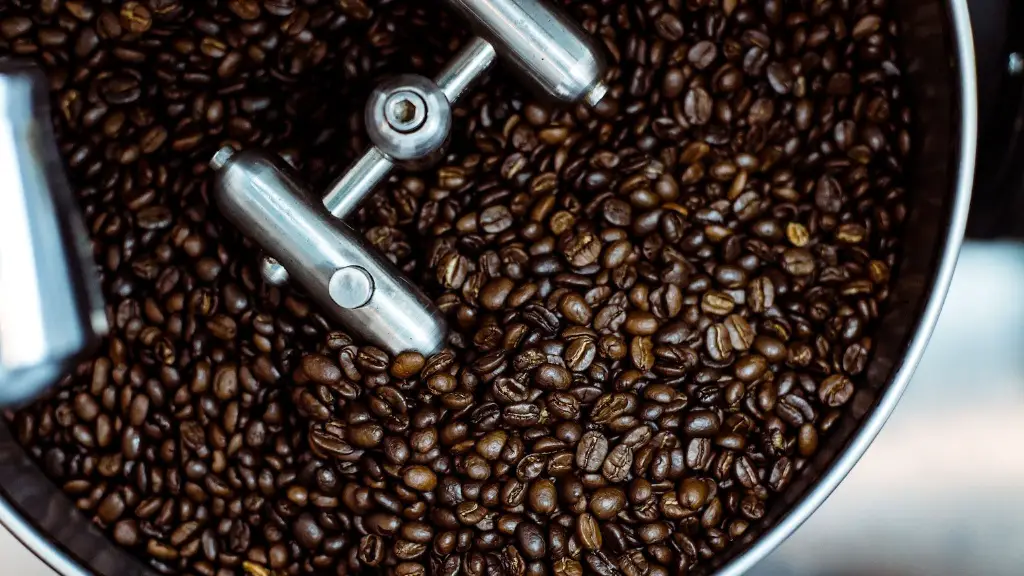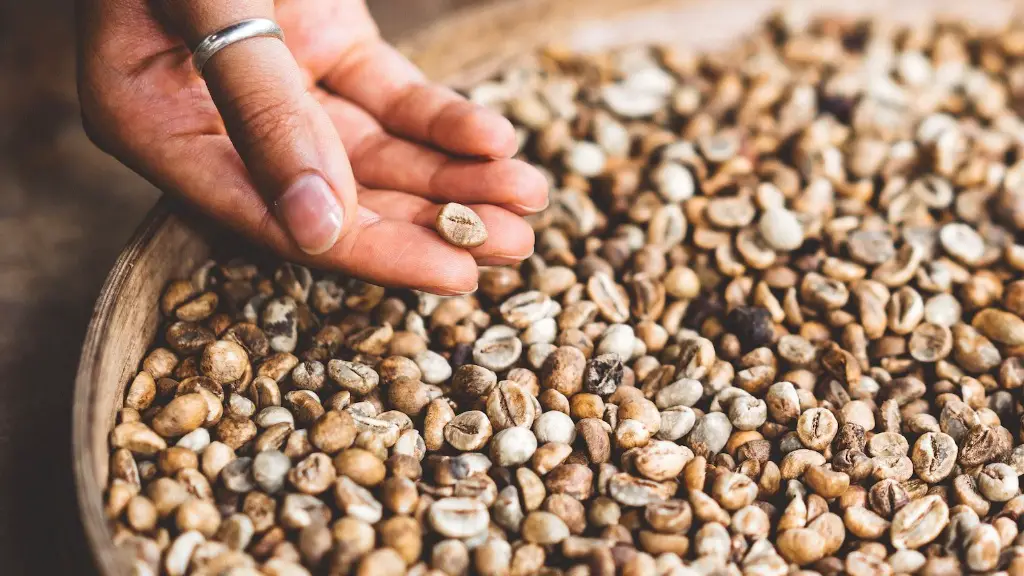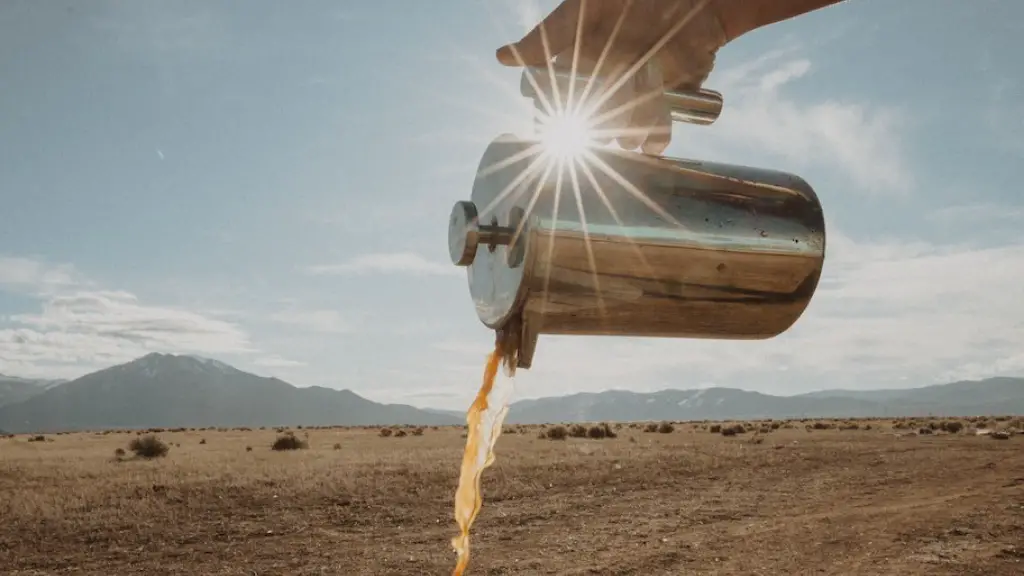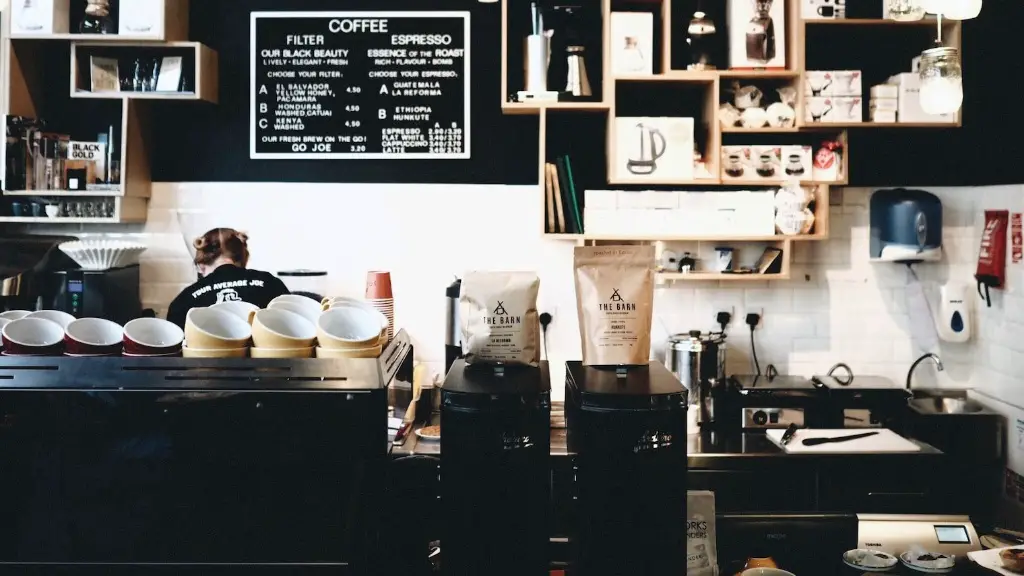Americans’ Preference for Coffee
Americans love their coffee. According to the National Coffee Association’s latest survey, around 83% of Americans aged 18–54 years drank some kind of coffee in the past day. While most popular traditional coffee consumption is among young adults, the consumption of ready-to-drink coffee has seen a surge among all age groups in recent years. It is estimated that Americans consumed more than 7.3 billion of gallons of coffee in 2019.
In terms of type of coffee consumed, more people prefer Advanced Fresh Roast Coffee. It is estimated that around 55% of Americans regularly drink advance fresh roasted coffee, making it the most popular type of coffee aside from regular brewed coffee. According to experts, the reason for its rising popularity is that its preparation is comparatively easier, plus the aroma and flavor of advanced fresh roast coffee is much better than other prepared coffees.
Moreover, the combination of convenience and taste is further driving the demand for ready-to-drink coffee and premium espresso drinks amongst Americans. According to a survey by The National Coffee Association, the consumption of espresso has grown by 60% between 2011 and 2019. This sharp rise can be attributed to the rapid expansion of specialty coffee culture, such as Starbucks and other leading coffee shops in the USA.
One of the foremost trends driving the demand for coffee in the USA is the availability of different types of coffee. Consumers can choose from lattes, cappuccinos, cold brews and classic traditional coffee. Moreover, American consumers are also increasingly interested in coffee that is ethically sourced and has diverse flavors, such as pumpkin spice, vanilla, hazelnut and more. Consequently, the demand for coffee-bar drinks is likely to increase further in the coming years.
In addition to the convenience, affordability, and preference for a diversity of tastes; the variety of coffee experiences is another factor that is increasing Americans’ coffee consumption. From urban cocktails and chic coffee bars to classic restaurants and specialty coffee spots, more Americans prefer different coffee experiences than ever before.
The market for coffee is further thriving due to the growing presence of organic and fair trade options. More and more consumers are aware of the environmental and other harms caused by the production of coffee and thus prefer to buy coffee that is organic and ethically sourced. Organic coffee has become such a mainstream product that it is now available at most coffee chains and grocery stores across the country.
Business Effects Of Americans’ Rising Coffee Consumption
The rising demand for coffee has created a conducive environment for the growth of the coffee industry in the USA. Coffee shops, cafés, restaurants, coffee chains, and convenience stores continue to expand in both urban and rural areas. Furthermore, the coffee manufacturing industry is witnessing a rising demand, particularly for ready-to-drink coffee.
The growth in the coffee sector has spawned a variety of new business opportunities. Coffee-manufacturing companies are utilizing advanced technologies to come up with new products, such as flavored, instant, and even biodegradable coffee. Also, several start-ups have emerged in this sector, providing new cold-brew coffee and iced-latte brands. Furthermore, online platforms, such as app-based retailers and subscription-based coffee delivery services, are becoming increasingly popular amongst American consumers.
Moreover, the rising demand has also given birth to a new kind of cafés, where technology, music, art, and work culture all come together. These cafes are specifically designed, not only as gathering points, but also to provide customers with a unique coffee-brewing experience. Such cafés are becoming increasingly popular amongst the new generation workers, who are looking for a place to work, network, and collaborate with others in a relaxed atmosphere.
Furthermore, the expanding market of specialty and gourmet coffee has opened up opportunities for small-scale coffee farmers. More and more farmers are opting to switch to new types of specialty coffee to gain from higher prices in this market segment. Also, international distributors have become more active in the US market as they are looking to access more premium coffee products.
Environmental and Social Implications
In recent years, the environmental and social impacts of coffee production have come under the spotlight. The amount of land that is being used for coffee production is continuously increasing, which is leading to deforestation and resource depletion. Additionally, the use of pesticides and insecticides for crop production has caused significant environmental damage, which has also affected the health of workers and overall biodiversity of the area where coffee is produced.
Furthermore, certain coffee producing countries have been accused of child labor and exploitation of workers, which brings in an ethical and moral dilemma. American consumers have also become more aware of the production part and are increasingly opting for ethical products. Consequently, the demand for ethically produced coffee is likely to increase in the future.
Conclusion
Overall, the coffee industry in the USA is thriving amid the rising demand from consumers. The ever-expanding café culture, along with the availability of a variety of options and flavors, is further driving the growth. Beyond convenience and the added experience with specialty cafés, American consumers are also increasingly focused on the ethical and social elements of the industry. As such, the demand for ethical and sustainably produced coffee is likely to increase in the future.



